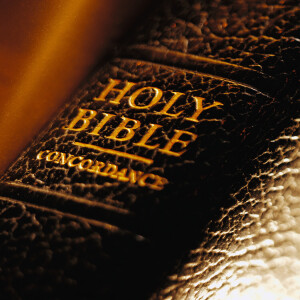Episodes
Episodes



Tuesday Oct 17, 2023



Tuesday Oct 10, 2023



Tuesday Oct 03, 2023



Tuesday Sep 26, 2023



Thursday Sep 21, 2023
Of Those Who Have Faith to the Saving of the Soul
Thursday Sep 21, 2023
Thursday Sep 21, 2023
Hebrews 10:39



Tuesday Sep 12, 2023
Losing Your Soul -Life/Self-Life in Order to Gain True Life in Christ
Tuesday Sep 12, 2023
Tuesday Sep 12, 2023



Tuesday Sep 05, 2023



Tuesday Aug 29, 2023
Of Those Who Have Faith to the Gaining (Saving)of the Soul
Tuesday Aug 29, 2023
Tuesday Aug 29, 2023
Hebrews 10:38-39
Version: 20241125



